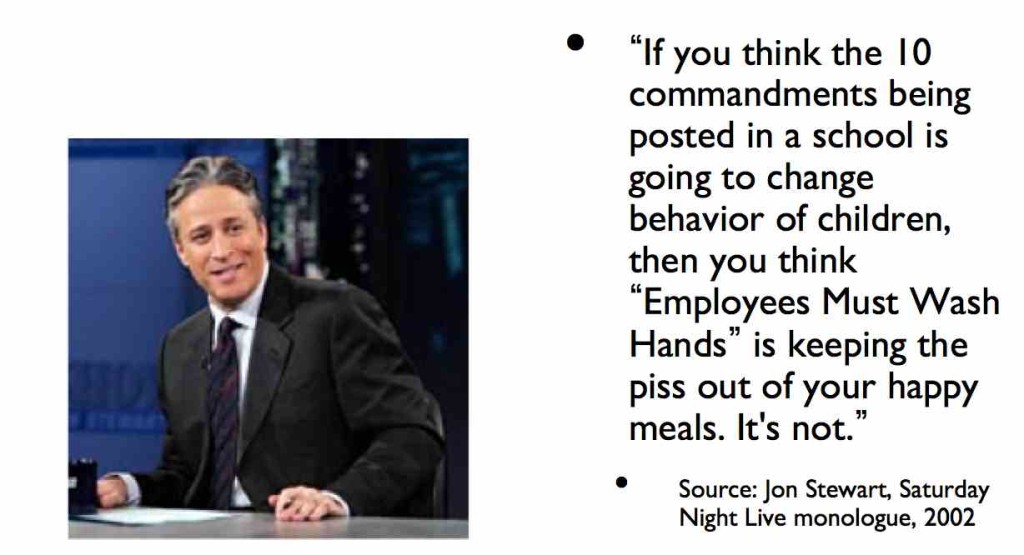First thing I do when a kid is checked into a new daycare or school is check out the handwashing facilities. Proper handwashing requires access to proper tools: vigorously running water, soap and paper towels.
Sorenne says at her kindergarten (prep here) she always washes her hands, uses soap, but because there is only blow driers she often dries her hands on her clothes (blow driers suck, the friction from wiping with paper towel provides an extra level of safety).
Too often, hypocrites preach about the importance of handwashing without checking to  ensure the tools are available.
ensure the tools are available.
Two parents of students attending separate Toledo Public elementary schools in Ohio say their children are not being allowed to wash their hands after using the restroom, an allegation the school district denies.
Holly, who has two kids that attend East Broadway Elementary School, said she was surprised when her children told her that they couldn’t wash their hands while at school. “They told me they are only allowed to put hand sanitizer on twice a day after we use the bathroom,” said Holly.
The mother shared the information with her sister, Heather, who has a fourth grader enrolled at Burroughs Elementary.
Heather’s son told her that while at school he had witnessed another boy walk to the sink to wash his hands after using the restroom. The boy was stopped by a school staff member who called him over, squirted hand sanitizer in his hand, and walked away, according to Heather’s son.
When asked if they were sure of what their children were alleging, the women said that their kids have always been honest about what goes on at school.
Toledo Public Schools denies that students are prohibited from washing their hands. In an email to WNWO, TPS spokesperson Patty Mazur wrote, “Teachers take students to the bathroom as a class and then watch as students exit the restroom and wash their hands. If a student didn’t wash their hands properly, they are asked by their teacher to re-wash.”
Despite the response from TPS, Heather remains convinced that her son is not allowed to wash his hands while at school. “It needs to be addressed, ” she said. “This is disgusting. It makes me wonder if this is why my child has been sick so much this year.”
TPS said it holds hand-washing classes for elementary school students at the beginning of the year. Signs are posted in the restrooms reminding students to wash their hands after they use the bathroom.










